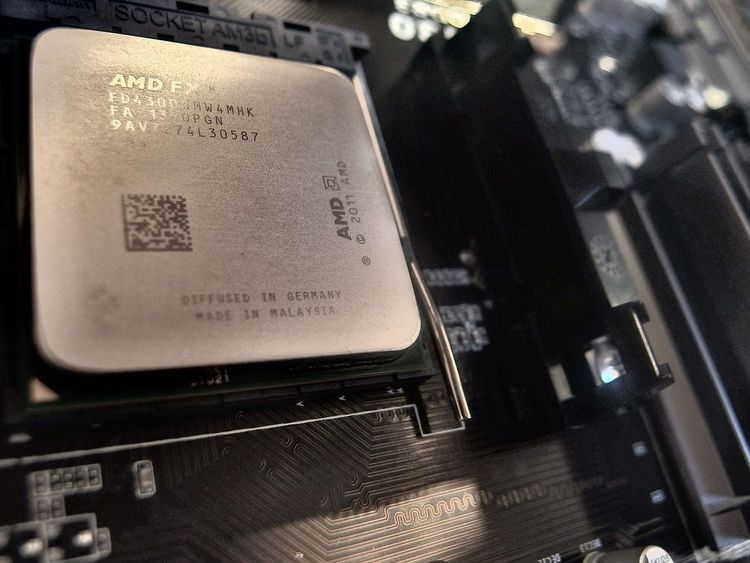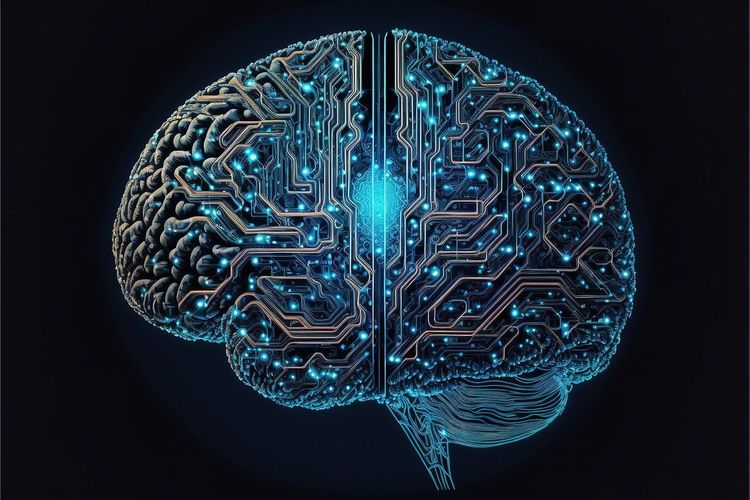The Impact of Generative AI on Human Uniqueness and Work
Generative AI is transforming how we work and live. By replicating language and generating written content, images, and music, generative AI is increasingly encroaching on areas once deemed uniquely human. As machine verbal and cognitive skills evolve, a crucial question arises: In the era of generative AI, what distinct qualities will remain uniquely human?
Over 50 years ago, Stanley Kubrick’s iconic film 2001: A Space Odyssey provided one of the earliest explorations of AI's potential. The film featured HAL 9000, an onboard computer that interacted verbally with the crew, managed mission tasks, and even played chess. During a pivotal interview, a reporter noted HAL's apparent pride in its technical perfection, but the mission commander expressed skepticism about HAL's ability to feel emotions.
“Well, he acts like he has genuine emotions…but whether he has real feelings is something I don’t think anyone can truthfully answer.”
Today, the ability to experience emotions is a trait that remains firmly human.
In contrast to HAL's fictional capabilities, early computers struggled with language. Today, generative AI has revolutionized natural language processing (NLP), enabling tasks such as language translation, sentiment analysis, and conversation through advanced chatbots. Remarkably, AI systems have even passed the Turing test, convincing human judges of their personhood.
Valuing Human Qualities
As generative AI automates various tasks without emotional engagement, humans can reflect on the attributes that machines cannot replicate. Beyond emotions, uniquely human traits include imaginative creativity, original thinking, and complex problem-solving that incorporates intuition and cognitive flexibility. Morality and ethics also play a critical role in our decision-making, attributes that technology cannot embody as it lacks the human experience of society.
The five senses—sight, sound, smell, taste, and touch—also contribute to the uniquely human experience. The interplay of these senses with our fallible memories creates a rich, embodied experience that technology currently cannot recreate.
Another uniquely human trait is the discovery of mirror neurons, which fire both when we perform an action and when we observe others. This neurological phenomenon enhances our capacity for empathy, competition, and teamwork. While large language models can infer our feelings, they lack the ability to genuinely experience them.
Organizational Mindsets Amid Advances in AI
As generative AI rises, humans are tasked with managing and regulating these technologies. Organizations must make strategic decisions about delegating tasks to AI. Research by McKinsey reveals that business leaders must adopt a comprehensive understanding of generative AI's potential and its organizational implications. Many executives recognize the need to proactively embrace automation to avoid falling behind again.
In navigating this landscape, companies should develop clear strategies for implementing generative AI to ensure responsible adoption. As regulations evolve to promote ethical use and data security, accountability in AI deployment will become increasingly critical.
Redefining Work in an AI-Driven Future
Technological advancements have continually reshaped our perceptions of work. As AI further transforms the traditional 9-to-5 model, it remains uncertain what new roles humans will embrace. Governments, corporations, and organizations must consciously decide which tasks to outsource to AI and which to retain within the human domain. It's vital to remember that just because technology can perform a task doesn't mean it should.
When futurist Arthur C. Clarke and Stanley Kubrick collaborated in the 1960s to create a screenplay centered on AI, could they have envisioned the profound relevance of their fiction today?
Richard Sonnenblick is chief data scientist at Planview.







